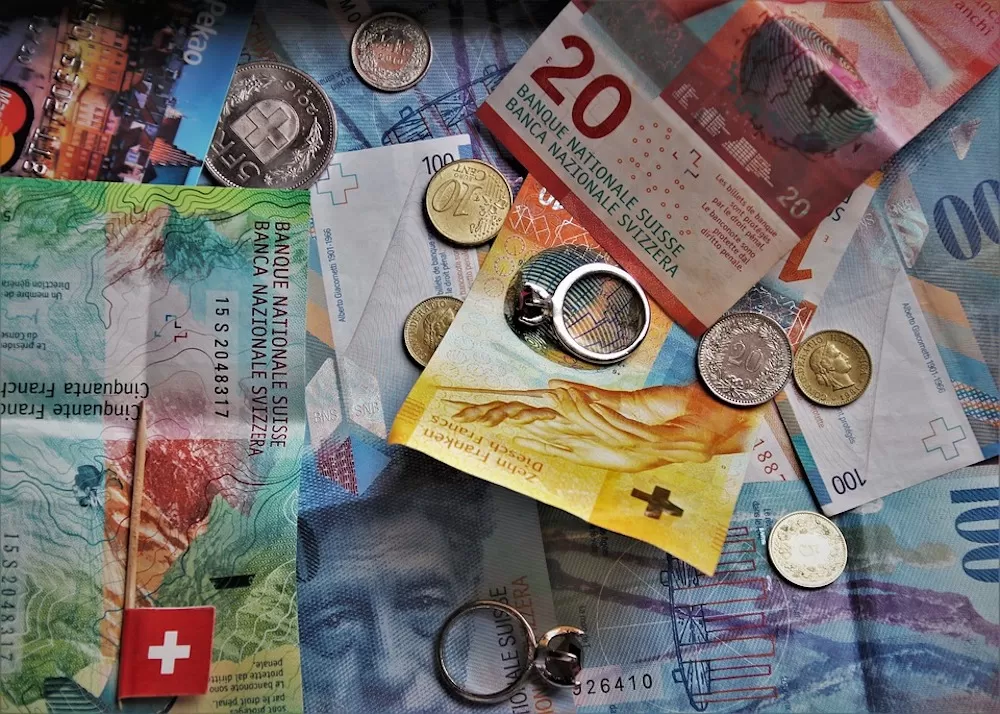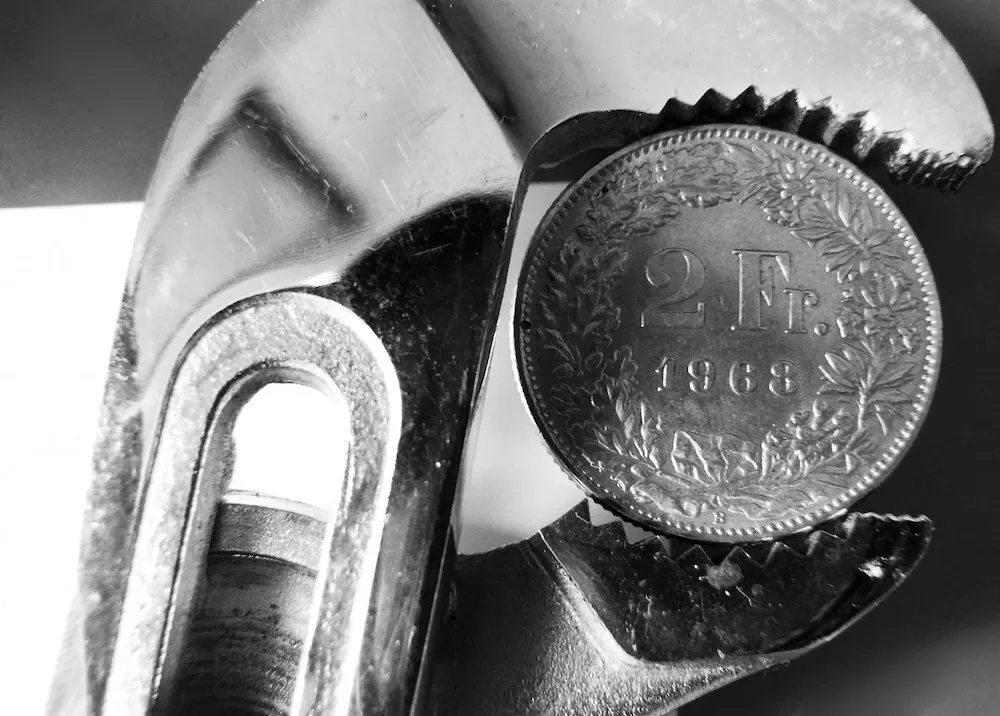Switzerland is undoubtedly one of the wealthiest countries in the world. It continues to be at the forefront of various industries, has perfected the luxury game, and its strong tourism has helped it earn more revenue than other countries. Of course, there's also its tax system. Because people here pay taxes, Switzerland remains stable with a good economy. If you ever plan to live here, you'll be part of this system yourself. So do you know enough in order to contribute your fair share properly? If not, then here are a few basics of what Switzerland's tax system is all about.
Becoming A Tax Resident in Switzerland
Firstly, just like in other countries like
Belgium and
Estonia, there are various ways in which you'll be required to pay taxes to the Swiss government. Part of that is becoming a tax resident. According to
Santander Trade, you'll automatically become a tax resident of Switzerland if you relocate here, physically stay here for 90 days or more, or if you stay here for around a month with the intent of earning profit. Once you tick any of these boxes, expect to have to pay taxes on any income you earn from Swiss entities.
Switzerland's Income Tax Rates
The way they do income tax rates here in Switzerland is a lot different to those in other countries. Notably, one's income tax rate is a total of various rates, such as the federal tax (0.77% - 13.2%), the Canton tax (4.00% to 45.32%), the communal tax, and the church tax. Though, similarly to those in other countries, one's annual gross salary still plays a major role in determining one's income tax rate as well. The major difference here is the Canton tax, which differs from one region of the country to the next. Santander Trade also listed down the different tax rates of each Swiss Canton for your convenience.
Capital Gains in Switzerland
It's important to note that your income isn't the only thing you're taxed on here in Switzerland. Since wealth holds a heavy weight in the country, you also might face a few Capital Gains taxes. However, this is not on a federal level. Instead, the various Cantons that make up Switzerland have imposed their own respective inheritance and gift tax rates. Of course, they vary from Canton to Canton. Furthermore, some municipalities even levy an annual real property tax, with rates ranging from 0.2% to 3.0% of your total property value. Take note of these when buying your own home in Switzerland.
Corporate Taxes in Switzerland
Since Switzerland is a major player in the corporate world, it makes sense that corporate taxes here bear much significance. Similar to one's income tax rate, the different Cantons also impose their own respective rates in determining a company's corporate tax rate. For the most part, the common corporate tax rates Swiss companies face range from 11.9% to 21.6%. The tax rate each Canton imposes commonly ranges around 12.0% and 14.0%. Incidentally, as of 2021, the average corporate tax rate that most Swiss businesses face is 14.9%. It's a lot lower than the previous average of 2020 which was 15.1%.
About Switzerland's Pauschalbesteuerung
A common reason as to why foreigners find it easy to go to Switzerland, tax-wise, is because '
Pauschalbesteuerung,' also known as the Lump-Sum Tax. According to this tax, foreigners who haven't officially moved to the country but are earning profit here nonetheless can request a unique tax arrangement wherein their taxes are levied according to their expenses and standard of living, rather than their income and assets. This allows them to skirt around the country's income tax and capital gains laws. However, the only ones who are eligible to make use of this tax law are those who've returned to the country after a ten-year absence.
Switzerland's VAT
Since Switzerland is known for being a major player in the luxury retail industry, it's no surprise that its consumption taxes also weigh heavily on its tax system. As of 2021, the country's Value-Added Tax (VAT) rate is a flat 7.7%. Meanwhile, necessities such as food & drinks, medicine, books, newspapers, and the like have a reduced rate of 2.5%. Since tourism is strong in Switzerland, it also makes sense that the VAT rate for accommodations is only 3.5%. While a number of special goods & services deemed necessary by the state have. a VAT rate of 0%.
Simply going to moving to Switzerland won't be as easy as you think. For one thing, you need to familiarize yourself with the country's tax system to avoid any future hassle and problems that might pop up because of taxes.
Managing your taxes in Switzerland takes you one step closer to getting your dream
luxury home here! Always remember that!



